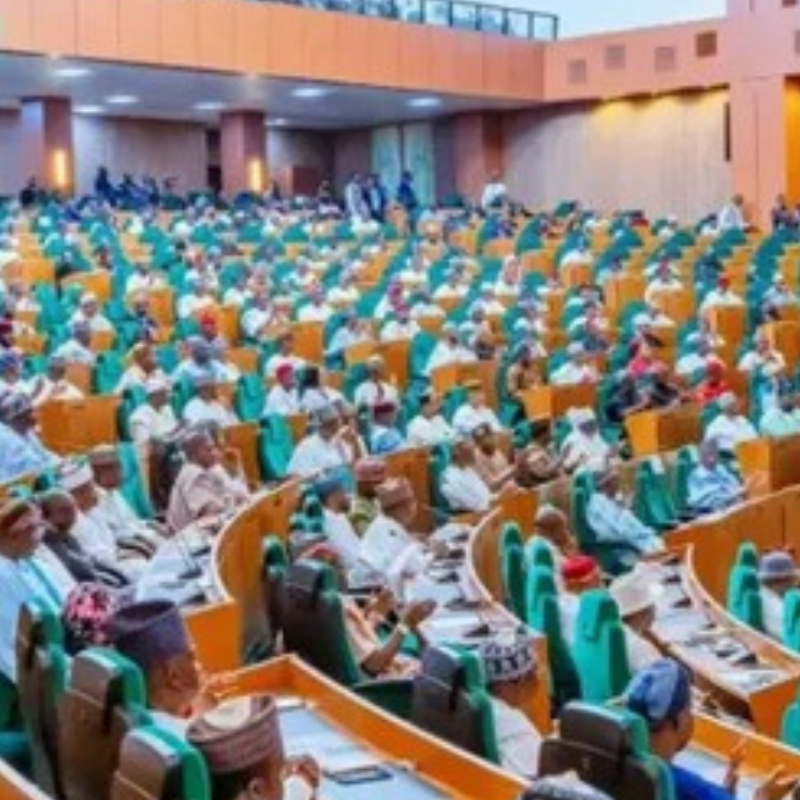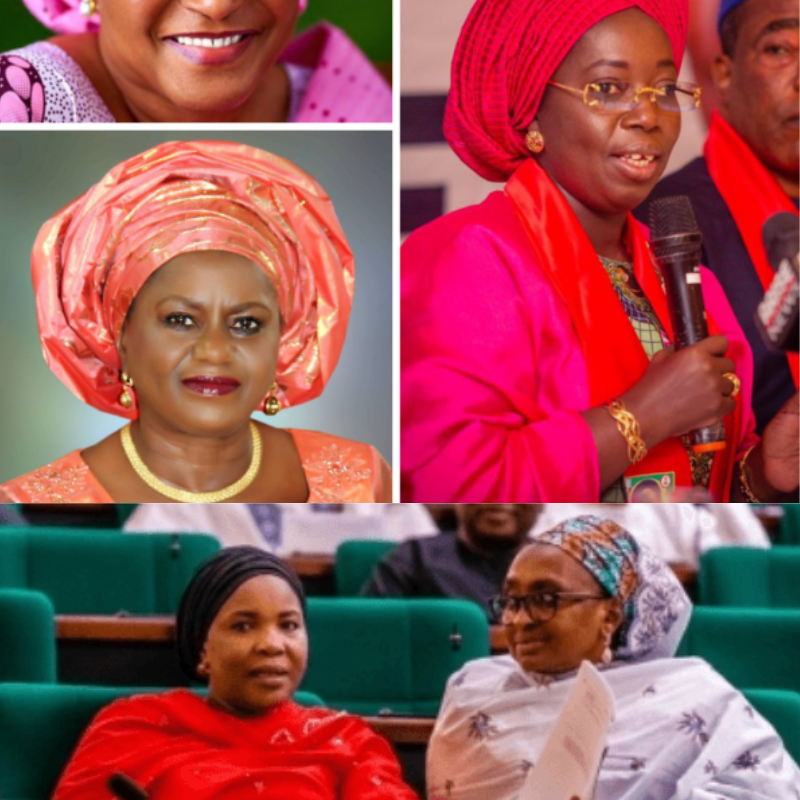This edition of Gender Equality and Social Inclusion (GESI) Tracker spotlights one of the most significant gender-reform debates currently before the National Assembly: the push to increase women’s representation in the Nigeria Police Force (NPF) and to institutionalize gender-responsive policing across the country.
![]()
At a public hearing on a proposed amendment to the Nigeria Police Act, the Chairman of the House Committee on Police Affairs, Rep. Makki Abubakar Yalleman (APC, Jigawa), stressed that women are critical to effective policing and must no longer be sidelined.
The amendment seeks to mandate at least 15 percent female representation in police recruitment and establish systems that ensure gender-sensitive policies throughout the Force.
Advancing Gender-Responsive Policing
The amendment goes far beyond increasing numbers. It proposes a mandatory gender-responsive compliance programme covering recruitment, training, postings, promotions, discipline, and marital considerations. It also calls for a dedicated monitoring unit within the NPF to ensure full adherence.
Rep. Yalleman emphasized that increasing women’s representation is “not symbolic but necessary,” particularly for improving police response to crimes that disproportionately affect women and children, such as domestic violence, sexual assault, trafficking, and child abuse.
The bill aligns with the Legislative Agenda of the 10th Assembly, which prioritizes gender equity and institutional reforms within the security sector.

GESI Implications of the Bill
Viewed through a GESI lens, this bill has profound implications for gender equality, social inclusion, and institutional accountability:
- Empowering Women in Law Enforcement: By mandating a minimum of 15 percent female recruitment and establishing gender-friendly policies, the bill ensures women have equal opportunities to enter, advance, and thrive in the NPF. This directly tackles historical gender imbalances in recruitment, leadership, and decision-making roles.
- Protecting Vulnerable Groups: Greater female participation strengthens the Force’s ability to handle cases that disproportionately affect women and children. Gender-sensitive policies in training, postings, and discipline ensure that policing practices respond equitably to the needs of marginalized populations.
- Inclusive Institutional Reform: Establishing a dedicated monitoring unit for compliance embeds accountability and creates a framework for continuous improvement. This ensures that reforms are not tokenistic but institutionalized, benefiting all personnel, particularly women, while promoting diversity and inclusion across the Force.
- Aligning with National and International Standards: The bill reinforces Nigeria’s commitments under Convention on the Elimination of All Forms of Discrimination against Women (CEDAW), SDG 5, and the national constitution. It frames gender equality not only as a social goal but as a structural necessity for effective governance, human rights protection, and public trust.
Government Support for Eliminating Discriminatory Policies
At the hearing, the Ministry of Police Affairs expressed full support for the reforms. Represented by Okorie Kalu from its Legal Unit, the ministry described the amendment as “commendable and overdue.”
According to Kalu, the ministry has already begun drafting new regulations to eliminate discriminatory enlistment criteria, particularly those linked to pregnancy, marital status, and gender-based duty restrictions. The reforms also aim to provide: equitable training opportunities; gender-sensitive posting policies; maternity leave provisions; updated dressing guidelines; grievance and accountability mechanisms; a strengthened Women and Children Protection Centre under the Inspector General of Police.
Kalu stressed that the amendment would provide the legal backbone necessary for these reforms to be sustained and properly enforced.
Read Also: As NASS Outlaws Sexual Harrassment in Schools | GESI Tracker
A Step Toward Equity, Justice, and Better Policing Outcomes
The Speaker of the House of Representatives, Rep. Abbas Tajudeen (APC, Kaduna), represented by Rep. Nnamdi Ezechi (PDP, Delta), described the bill as both a justice issue and a policing reform imperative. He noted that the police have long operated with disproportionately low female participation, especially in leadership positions, a reality that limits professional diversity and weakens institutional effectiveness.

Global research, he said, consistently shows that police forces with stronger female representation record:
- fewer incidents of excessive use of force
- better handling of gender-based violence cases
- improved community trust and cooperation
Speaker Abbas also linked the amendment to Nigeria’s responsibilities under the Constitution, CEDAW, and the Sustainable Development Goals, especially SDG 5 on gender equality and women’s empowerment.
While stakeholders broadly supported the amendment, Speaker Abbas cautioned that legislation alone is not enough. Effective reform requires mechanisms for tracking implementation, adequate funding, and continuous training to shift institutional culture.
The bill therefore includes provisions for a dedicated monitoring unit to maintain records, track compliance, and ensure that reforms translate into measurable outcomes across commands and formations.
A Transformational Opportunity for the Police Force
The amendment to the Police Act represents a transformative opportunity to build a Police Force that reflects Nigeria’s diversity and responds more effectively to the needs of all citizens.
By expanding women’s participation and embedding gender-responsive policies, the reform promises not only to advance gender equality but also to strengthen professionalism, human rights compliance, and public trust in the police.
As the committee reviews stakeholder submissions and prepares its final recommendations, the bill stands out as one of the most important GESI-related reforms in Nigeria’s security sector today, a step toward a Police Force that enforces the law while upholding the values of justice, equality, and dignity.
For Nigeria, this is a GESI win: it institutionalizes gender equality in a historically male-dominated sector and demonstrates that inclusion and effective governance go hand in hand.




